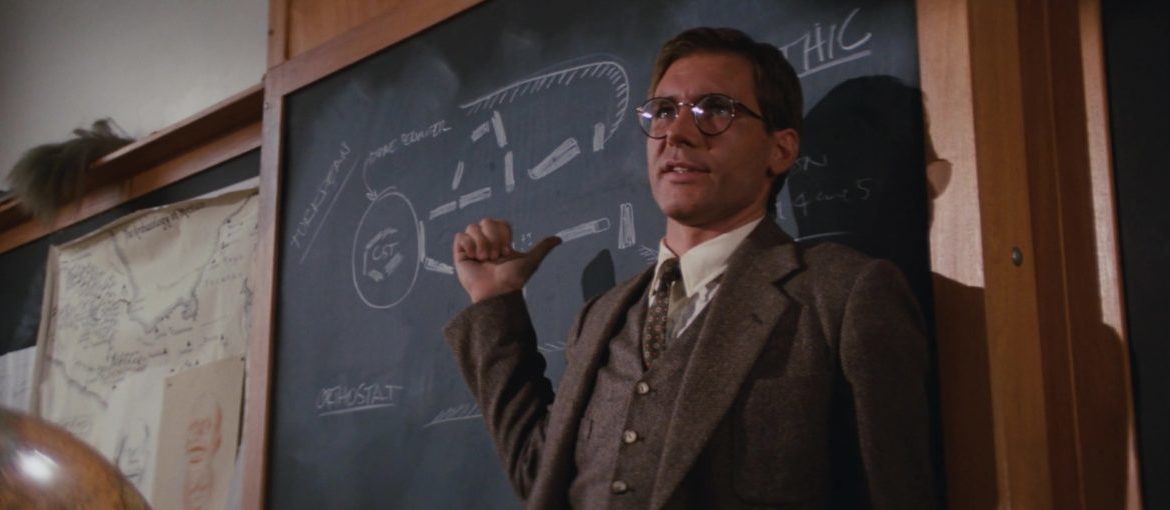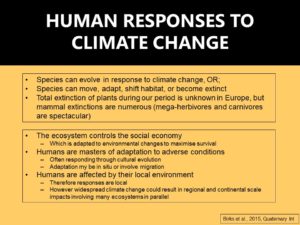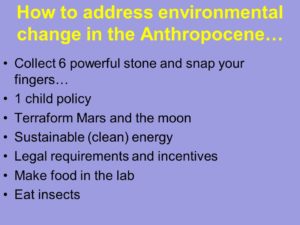
I’ve been looking forward to getting back into the classroom again. For all the peace and quiet of the summer period, there’s nothing like the hustle and bustle of the first few weeks of a new academic year to get you excited for the possibilities ahead. So I was very pleased to see that I’d be starting the first morning of the first day of the first week back with my new final year forensic students.
One thing that often surprises people is that an Associate Dean still teaches. Well, of course! First of all, I really enjoy it and it’s part of the reason why I’ve been so committed to a career as an academic. Also, I’m a National Teaching Fellow – which means that part of me (the awful, terrible part…) thinks that it’d be a crime to deprive our students of my gift, while the other part of me (the Associate Dean part, which to be fair, may not be a huge leap from my previously highlighted part…) strongly feels that if I had any NTFs in my School, I’d be deploying them mercilessly in L&T and classroom-based activities. Lastly, I do strongly feel that it’s all too easy to lose credibility as you move into senior leadership roles, but by being an active practitioner, I never get too far away from the key issues that affect our staff and students in the learning environment.
Saying all of that, I pretty much now only work with final year and Masters students. It was the final years I had on Monday, in a module called Forensic Ecology. It’s a broad module which covers a lot of interesting areas, but you can get a good sense of it by looking at our recommended text for the module ‘Forensic Ecology Handbook: From Crime Scene to Court‘ by Julie Roberts and Nicholas Marquez-Grant. What Dave and I try to do on this module, is highlight the inter-connectivity of these ecological systems and what they can tell us about the forensic context.
To kick things off, and since it was early on a Monday morning, we went for a debate. After reading through the author Simon Beckett’s newspaper magazine article on the body farms, we split the class into two (Team Thompson and Team Errickson) and went into full Battle Royale mode. They really went for it as well, making some really good points about religion, self-determinism, the quality of research outputs and so forth along the way – although they also suggested it be funded by Greggs since we’d be using fewer pigs and they could therefore make more sausage rolls. Not sure about the last point to be honest, but didn’t want to dim their enthusiasm… Anyway, unlike in last year’s travesty, Team Thompson won through…
Then it was my turn to led proceedings as we explored long-term climate change, human responses to environmental change in the past, had a quick sojourn to Iceland to look at how environmental change created social hierarchies using the class as Norse farmers, and then up to date with the introduction of the anthropocene.
I thought we’d end the session by collecting together the students’ suggestions for how to deal with the impact of climate change in the anthropocene. They did not disappoint…
I suggested the ‘Thanos solution‘ to spark a debate, thinking that wiping out half of the population would provide some interesting ethical debates on utilitarianism and consquentialism. Turns out I vastly underestimated my class who felt that this was a very sensible approach to take. And it was on that (dark) note that we wrapped things up. We’ll pick up where we left off next time – but it felt good to stretch those classroom muscles again. You know, inadvertent advocation of global-scale mass-murder aside…

